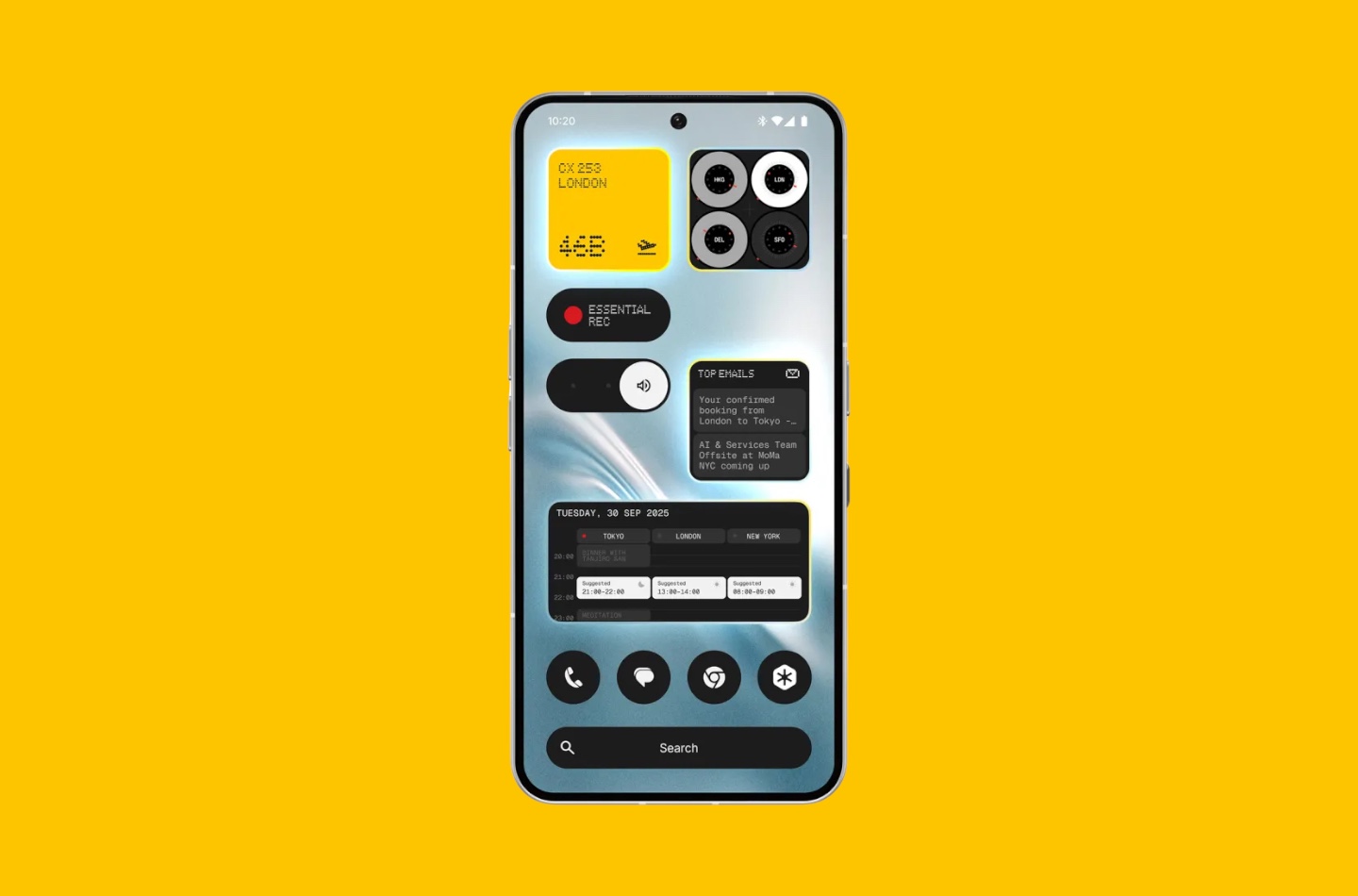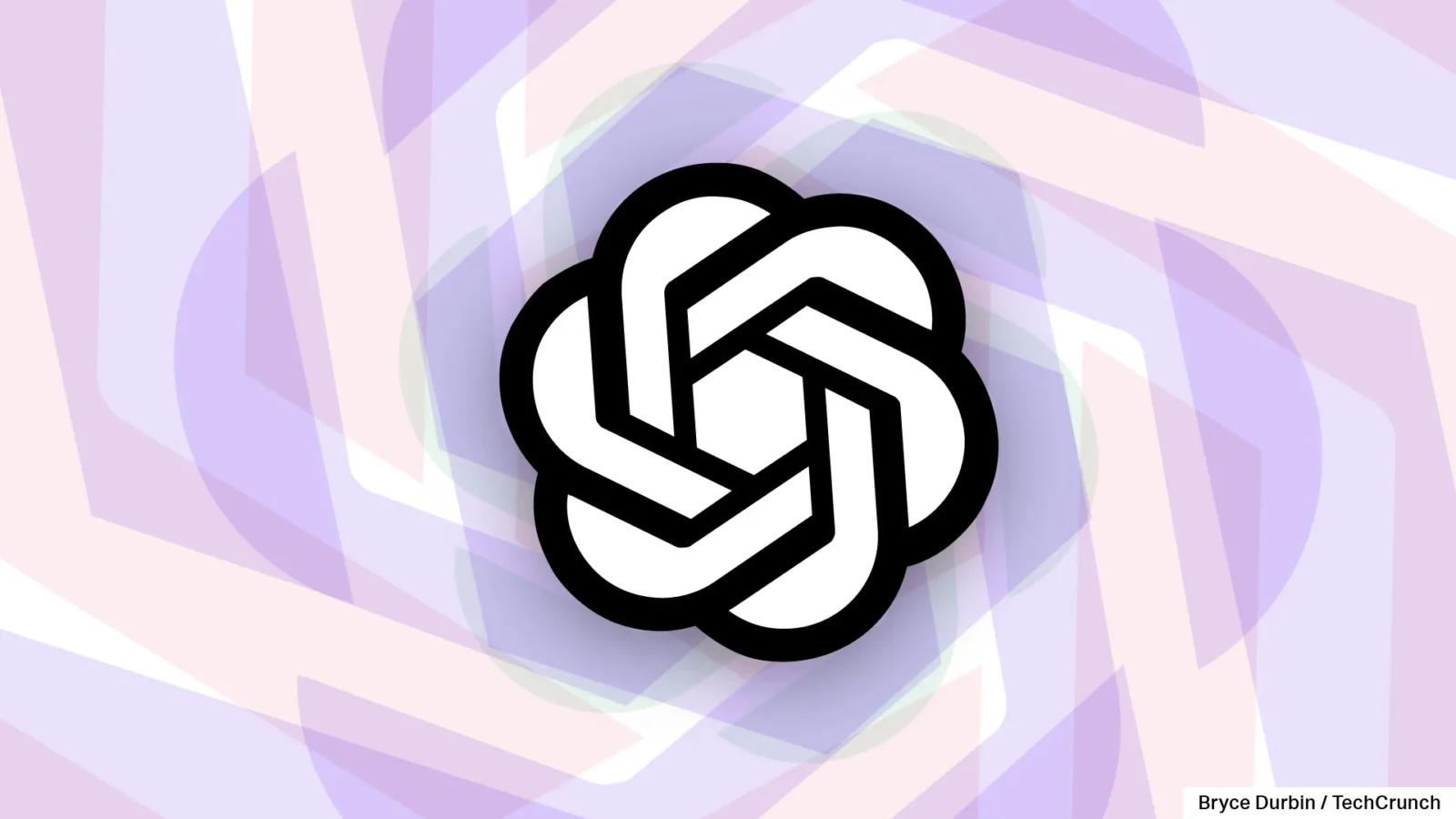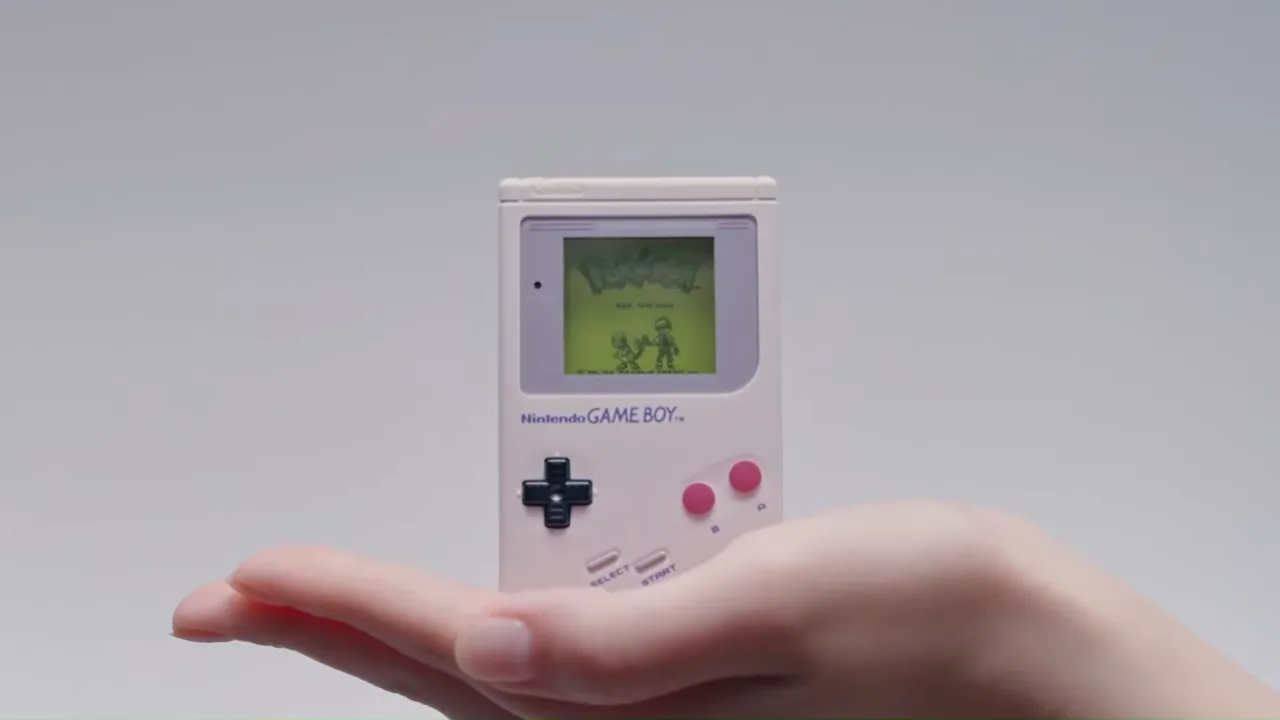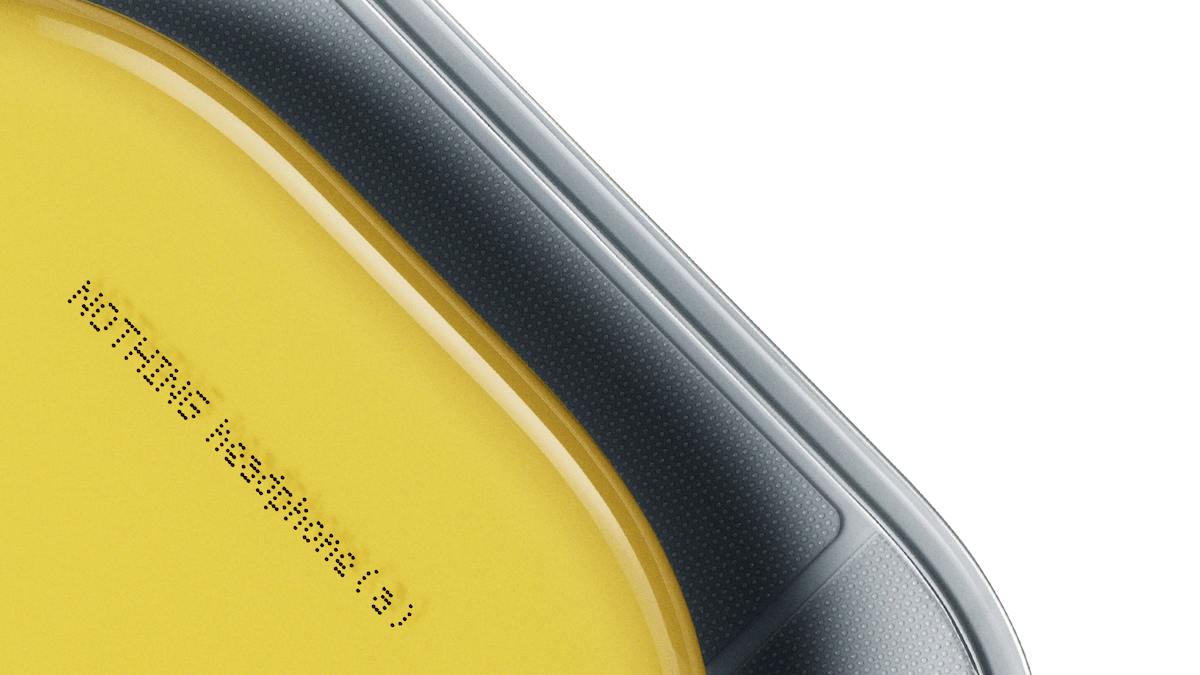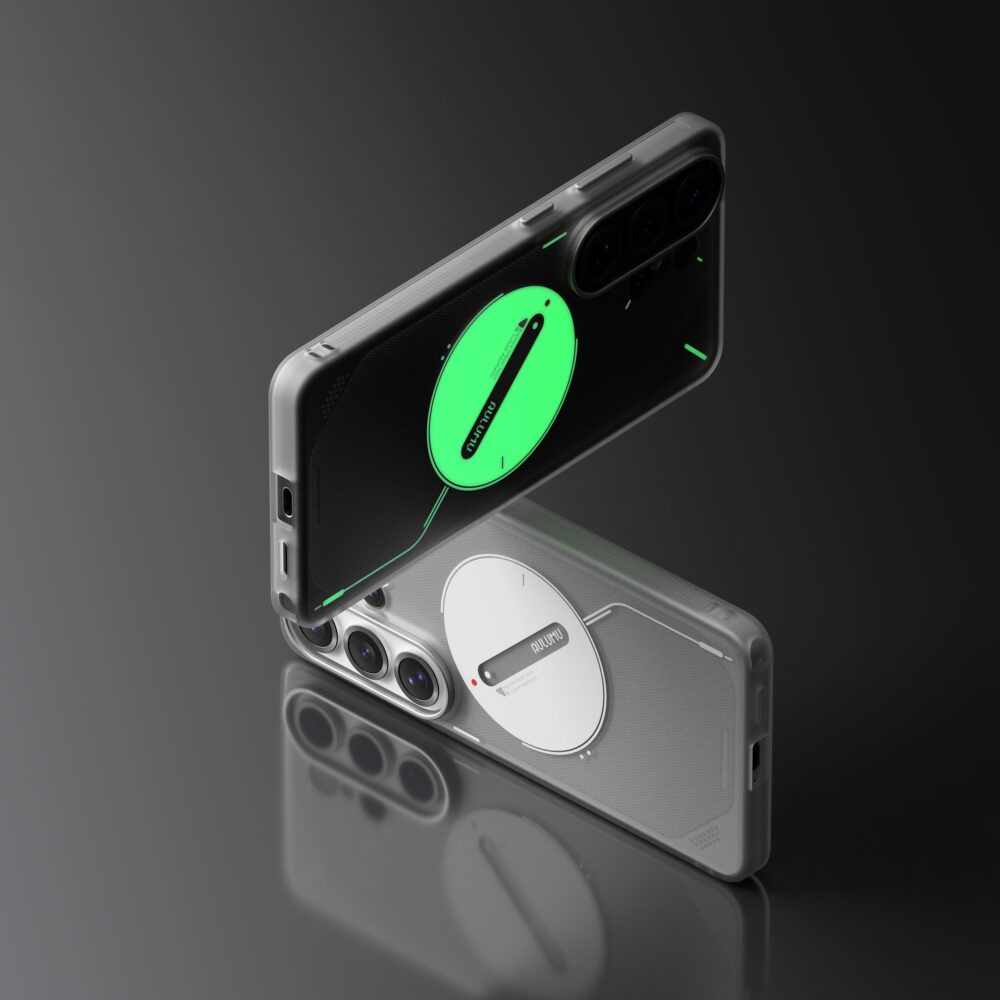Nothing has unveiled Playground, a new AI-powered app store that lets users design simple apps through text prompts, part of its broader “Essential” product line. Marketed as a “first step towards an AI-native operating system,” the launch is less about replacing Android — which Nothing still relies on — and more about rethinking how people interact with their phones.
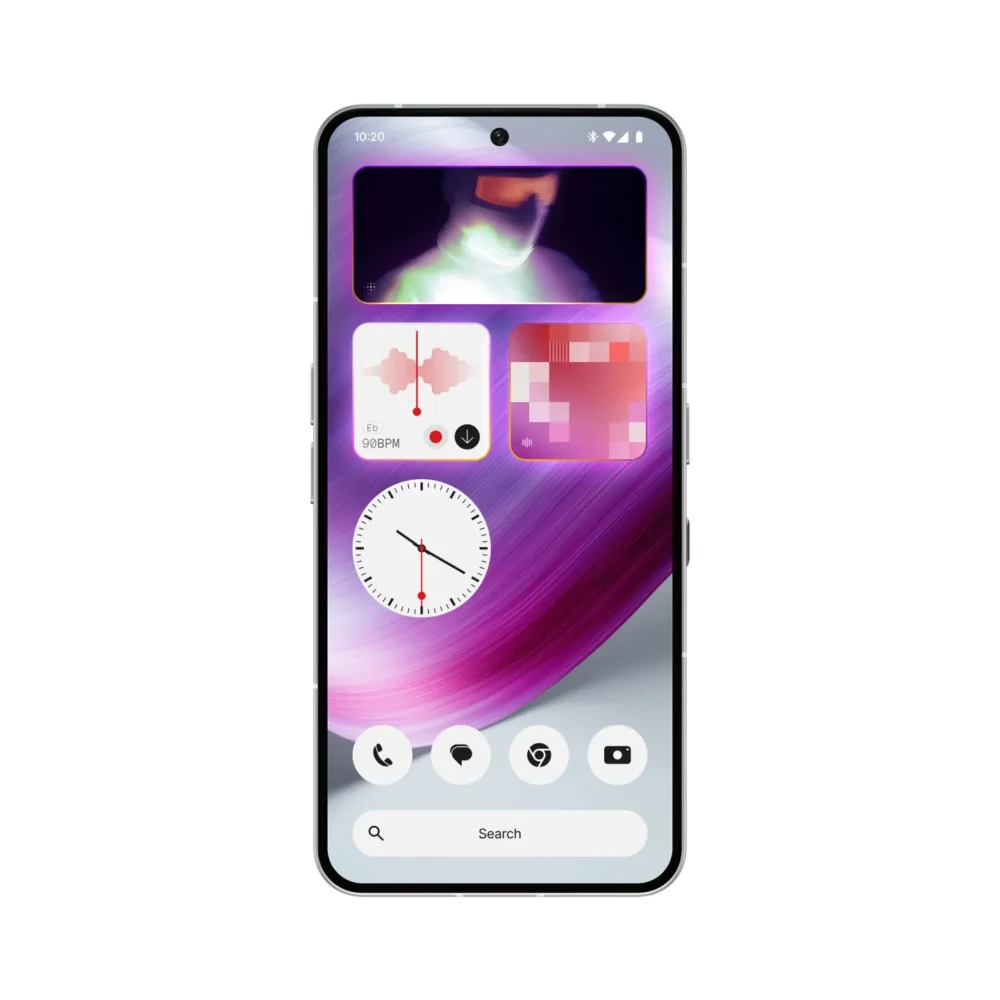
The new tool, Essential Apps, allows users to create lightweight widgets by describing what they want in plain language. Examples suggested by the company include a mood tracker that syncs with playlists, a tool that converts receipts into expense reports, or a wardrobe app that suggests outfits based on the calendar. These apps can be installed directly on Nothing phones (excluding the older Phone 1) or uploaded to Playground for others to download and remix. At this stage, the apps remain limited to widgets built via a web interface, though CEO Carl Pei says the process will eventually become more seamless, possibly handled entirely on-device and through voice commands.
Pei also envisions Playground as the foundation for a new creator economy. Users will be able to remix and evolve each other’s apps in an open-source style, with monetization options potentially arriving later once the ecosystem matures. He points to YouTube as a possible model for how creators could be rewarded over time, though for now, the focus is on scale and experimentation.
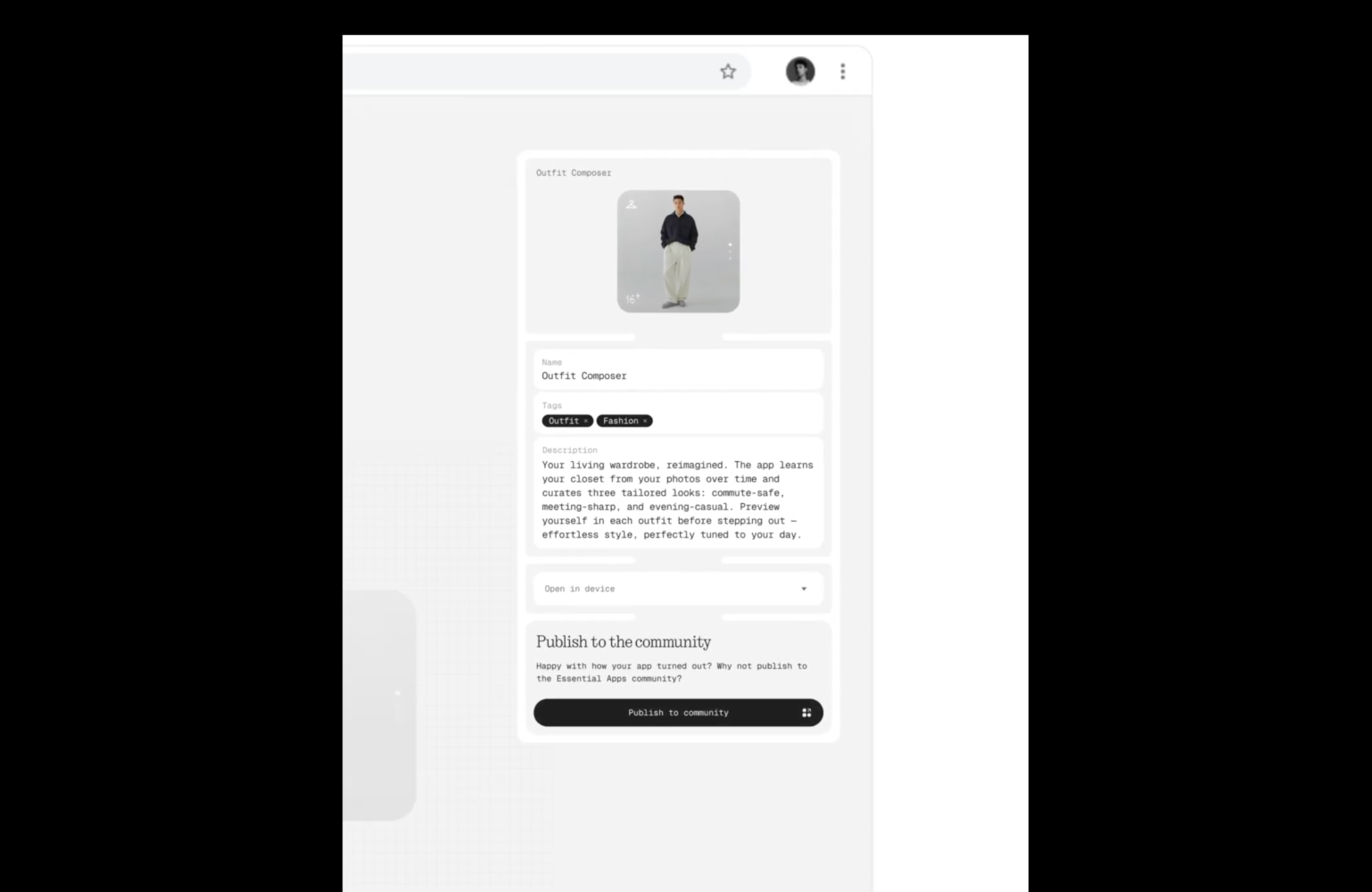
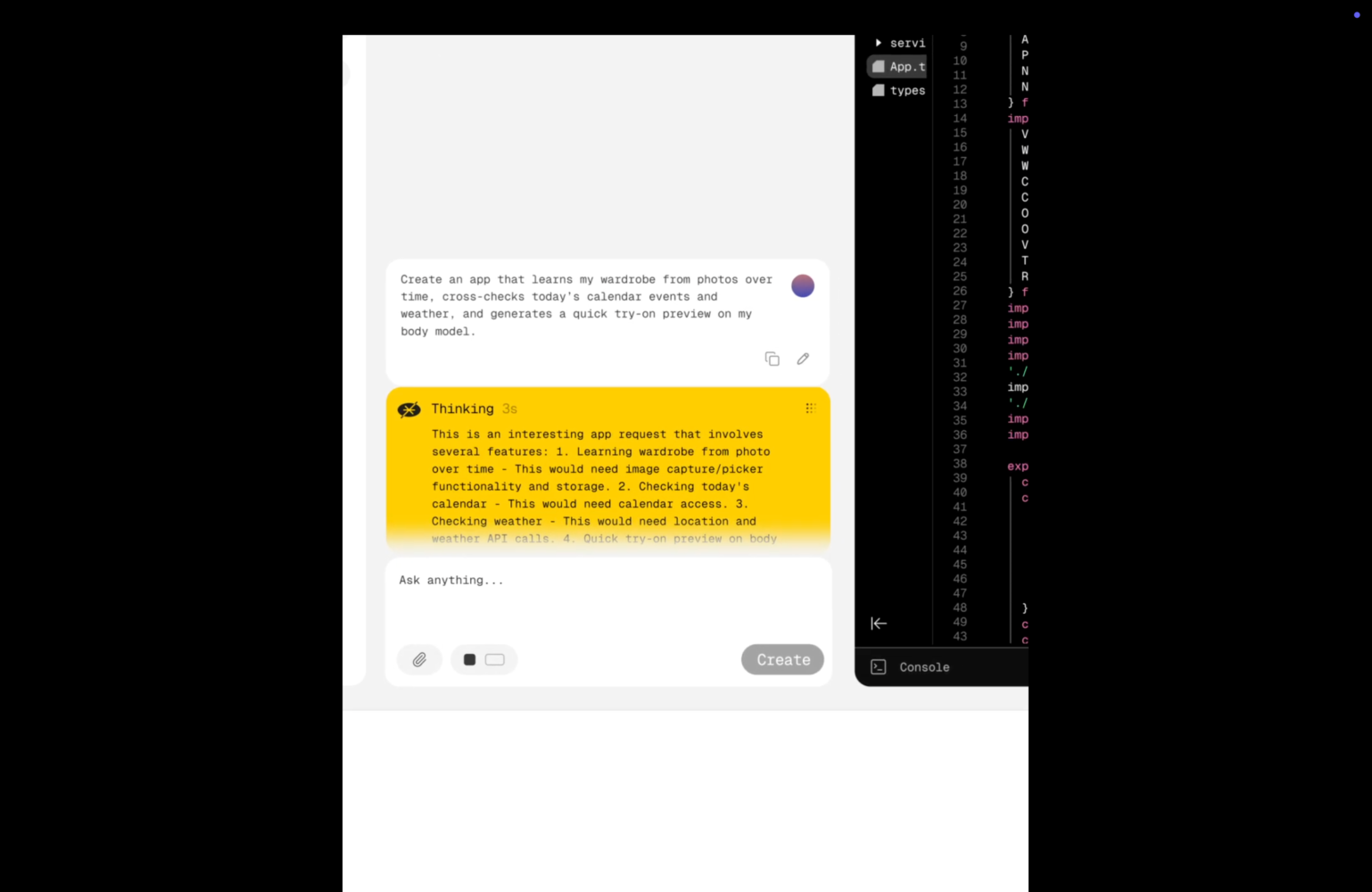
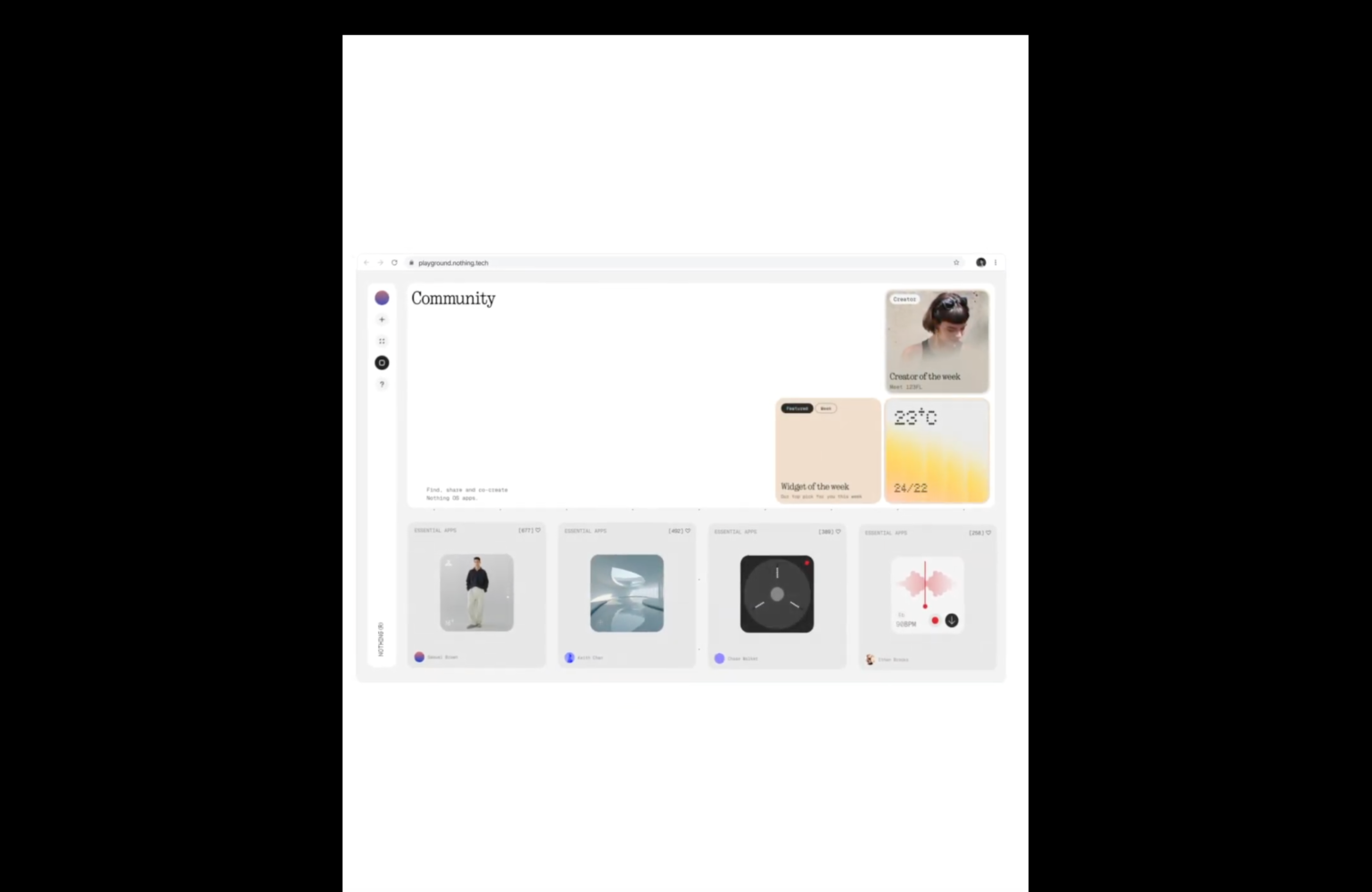
While Nothing describes this as edging toward an “AI OS,” it’s still very much layered on top of Android. Pei himself admits that the company has no plans to abandon Google’s operating system or its app ecosystem, emphasizing that Android provides the necessary foundation and developer community for a product like Playground to thrive.
What sets this effort apart from other hyped AI hardware projects is its incremental approach. Rather than pitching a replacement for smartphones, Nothing is experimenting with how AI can make them feel more personal and adaptive, while keeping the familiar framework intact. The vision is less about killing apps and more about reshaping how they’re made and used.


